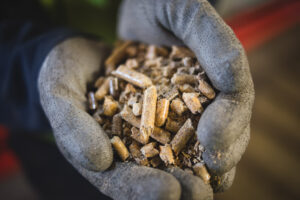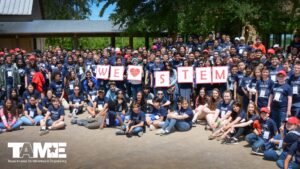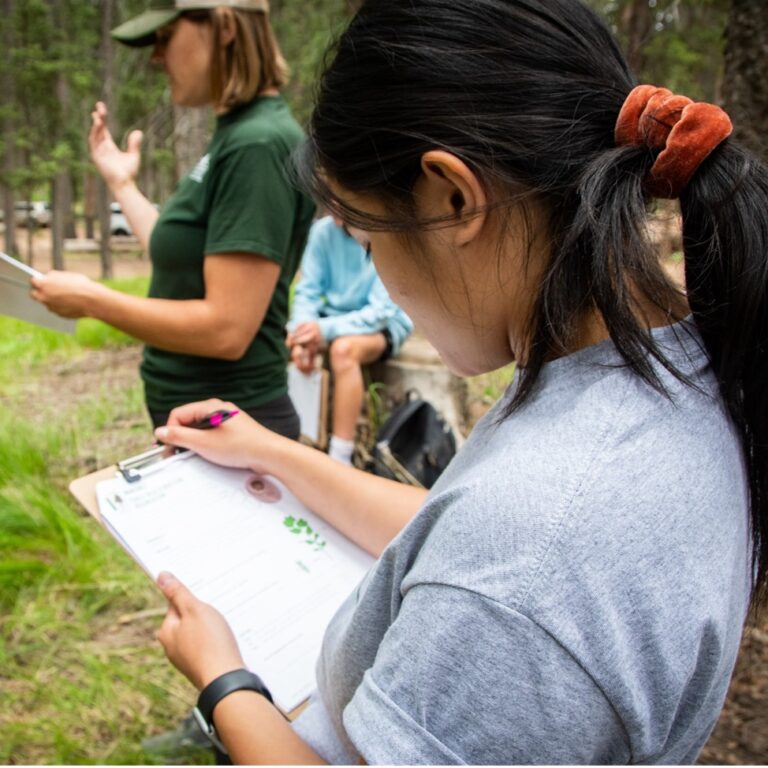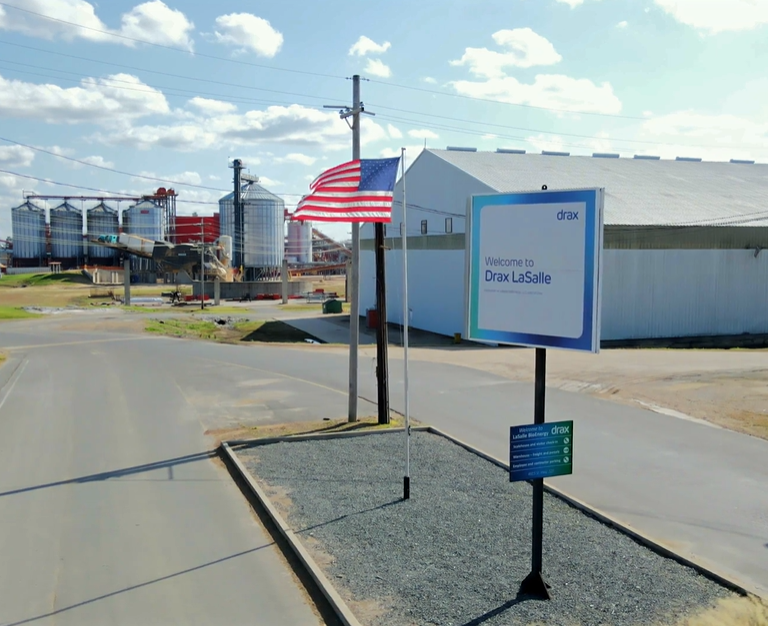Drax has announced its first round of grant recipients who will be receiving funding from the newly created Drax Foundation. Launched in March 2023, the Drax Foundation funds initiatives that support education and skills development in Science, Technology, Engineering, and Math (STEM), as well as those that improve green spaces and enhance biodiversity.
In the U.S., the Drax Foundation has provided a total of $105,000 across four organizations in Texas and Alabama: The Texas Alliance for Minorities in Engineering (TAME), the Houston Audubon, The Galveston Bay Foundation and The Gulf Coast Center for Ecotourism & Sustainability.
The Texas Alliance for Minorities in Engineering (TAME), which was awarded $30,000, creates equitable experiences for students from underrepresented groups to explore futures in engineering.
“TAME welcomes Drax Foundation into our alliance as we continue to prioritize cross-sector partnerships that improve access to engineering pathways for Texas students,” said Andrea Herrera Moreno, Executive Director of TAME. “The support from Drax enables us to amplify our impact by investing in our programs and capacity, and we’re very excited to engineer this new partnership.”
The Galveston Bay Foundation, which received $25,000, is a conservation nonprofit that has served as guardian of Galveston Bay since 1987 with a mission to preserve and enhance Galveston Bay as a healthy and productive place for generations to come.
“We are excited to receive funding from the Drax Foundation for our Classroom STEM Workshops and Wetland Connections year-long program, allowing us to provide additional program scholarships to schools in need,” said Cindy Wilems, Director of Education at Galveston Bay Foundation. “These programs reach over 11,000 students and teachers each year and focus on encouraging environmental literacy, increasing STEM skills, connecting students to nature, confidence building, future thinking, and empowering the next generation of conservation leaders.”
The Houston Audubon, which received $25,000, is a regional non-profit and accredited land trust focused on protecting the natural environment for birds and people on the upper Texas coast.
“With Drax’s generous support, Houston Audubon is helping to increase access to nature for historically under-resourced and marginalized communities through a pilot program that provides community centered birdwatching and other specially curated outdoor educational and recreational activities,” said Helen E. Drummond, Executive Director of the Houston Audubon. “As a leading bird conservation organization for the Houston Gulf Coast Region, we are committed to offering a wide range of programming in one of the most demographically diverse cities in the United States.”
The Gulf Coast Center for Ecotourism & Sustainability, which received $25,000, is an Alabama-based nonprofit that was established in 2018 to bring new environmental programs and facilities to the Gulf of Mexico’s Coast, including the promotion of sustainable tourism, environmental awareness, and the stewardship of the Gulf Coast’s natural resources.
“We are immensely grateful to the Drax Foundation for supporting our Ambassadors of the Environment program,” said Travis Langen, Executive Director of the Gulf Coast Center. “We look forward to putting the funds to good use by inspiring a new generation of young leaders and environmental stewards.”
Combined, the first wave of funding from the Drax Foundation will benefit nearly 8,400 young learners in STEM education.
“Our goal at Drax is to make real, positive differences in the communities we operate,” said Matt White, Executive Vice President of Drax’s North America Operations. “This first round of Foundation giving will help deserving organizations change the lives of thousands of children across the southern U.S.”
There will be two rounds of funding each year with the Drax Foundation’s next focus on Mississippi, Alabama, Louisiana and programs that straddle all of the states in Drax’s operational footprint. Non-profit organizations in these states that meet Drax’s criteria are invited to get in touch via [email protected].
To learn more about the Drax Foundation and Drax’s community efforts, visit www.drax.com/community.
Contact Information:
Michelli Martin
Communications Manager, US
318-372-3988
[email protected]
About Drax
Drax Group’s purpose is to enable a zero carbon, lower cost energy future and in 2019 announced a world-leading ambition to be carbon negative by 2030, using bioenergy with carbon capture and storage (BECCS) technology.
Drax’s around 3,000 employees operate across three principal areas of activity – electricity generation, electricity sales to business customers and compressed wood pellet production and supply to third parties. For more information visit https://www.drax.com/us
Power generation:
Drax owns and operates a portfolio of renewable electricity generation assets in England and Scotland. The assets include the UK’s largest power station, based at Selby, North Yorkshire, which supplies five percent of the country’s electricity needs.
Having converted Drax Power Station to use sustainable biomass instead of coal, it has become the UK’s biggest renewable power generator and the largest decarbonization project in Europe. It is also where Drax is piloting the groundbreaking negative emissions technology BECCS within its CCUS (Carbon Capture Utilization and Storage) Incubation Area.
Its pumped storage, hydro, and energy from waste assets in Scotland include Cruachan Power Station – a flexible pumped storage facility within the hollowed-out mountain Ben Cruachan.
The Group also aims to build on its BECCS innovation at Drax Power Station with a target to deliver four million tons of negative CO2 emissions each year from new-build BECCS outside of the UK by 2030 and is currently developing models for North American and European markets.
Pellet production and supply:
The Group has 18 operational pellet plants and developments with nameplate production capacity of around five million tons a year.
Drax is targeting eight million tons of production capacity by 2030, which will require the development of over three million tons of new biomass pellet production capacity. The pellets are produced using materials sourced from sustainably managed working forests and are supplied to third party customers in Europe and Asia for the generation of renewable power.
Drax’s pellet plants supply biomass used at its own power station in North Yorkshire, England to generate flexible, renewable power for the UK’s homes and businesses, and also to customers in Europe and Asia.



















